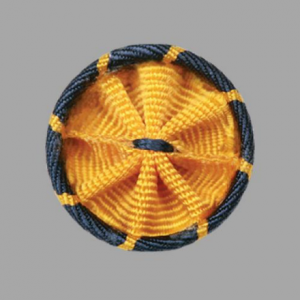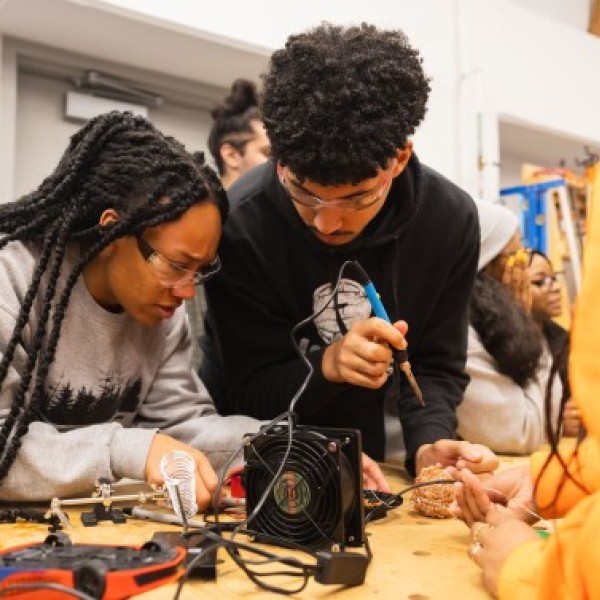Five Cornell CALS faculty members have been elected fellows of the American Association for the Advancement of Science (AAAS), the world’s largest general scientific society. They are part of a group of nine faculty members across the university elected to this prestigious organization.
The association elected 417 new fellows for 2018, honoring their efforts to advance research and its applications in scientifically or socially distinguished ways. New fellows will receive a certificate and a gold and blue (representing science and engineering, respectively) rosette pin at the 2019 AAAS annual meeting, Feb. 16 in Washington, D.C.
Cornell’s 2018 AAAS fellows are:
- Corrie Moreau, visiting professor of entomology, and ecology and evolutionary biology, in the College of Agriculture and Life Sciences (joining the Cornell faculty full time in January 2019). Moreau has made distinguished contributions to the field of evolutionary biology, particularly biodiversity genomics, host-associated microbes and social insect evolution. She has spent the last 10 years at the Field Museum of Natural History in Chicago, the last four as associate curator.
- Karl Joseph Niklas, professor of plant biology in CALS. Niklas is recognized for quantifying the relationship between plant form and function using physics, engineering and mathematics – essentially establishing the field of allometry in plants. Niklas’ lab focuses on plant evolution, particularly how the shape, size, internal structure and reproductive biology of plants have changed over the course of millions of years of evolution.
- Charles Walcott, Ph.D. ’59, professor emeritus of neurobiology and behavior, CALS and the College of Arts and Sciences. Walcott, also the university ombudsman, is recognized for distinguished contributions to the field of biology, particularly the navigational mechanisms of birds, acoustic communication in loons and hearing in spiders.
- Martin Wiedmann, the Gellert Family Professor in Food Safety in CALS. Wiedmann has made important contributions in the fields of food safety and food microbiology, particularly for the development, implementation and industry translation of molecular approaches to reducing foodborne illness transmission. His research aims to develop the scientific knowledge needed to prevent and control foodborne and zoonotic diseases caused by bacteria.
- Joseph B. Yavitt, professor of natural resources in CALS. Yavitt is honored for distinguished contributions to soil biogeochemistry, particularly as it relates to production and consumption of atmospheric greenhouse gases. Yavitt’s research seeks to describe and explain relationships between biodiversity and biogeochemical processes in forests and wetlands.
Other Cornell faculty elected this year include Ronald J. Brachman, professor of computer science and director of the Jacobs Technion-Cornell Institute at Cornell Tech; Peng Chen, the Peter J.W. Debye Professor of Chemistry in the College of Arts and Sciences; Holger Sondermann, professor of molecular medicine in the College of Veterinary Medicine; and Elaine Wethington, professor of human development in the College of Human Ecology, of sociology in the College of Arts and Sciences and of gerontology in medicine at Weill Cornell Medicine.
AAAS was founded in 1848 and includes nearly 250 affiliated societies and academies of science, serving 10 million individuals.





